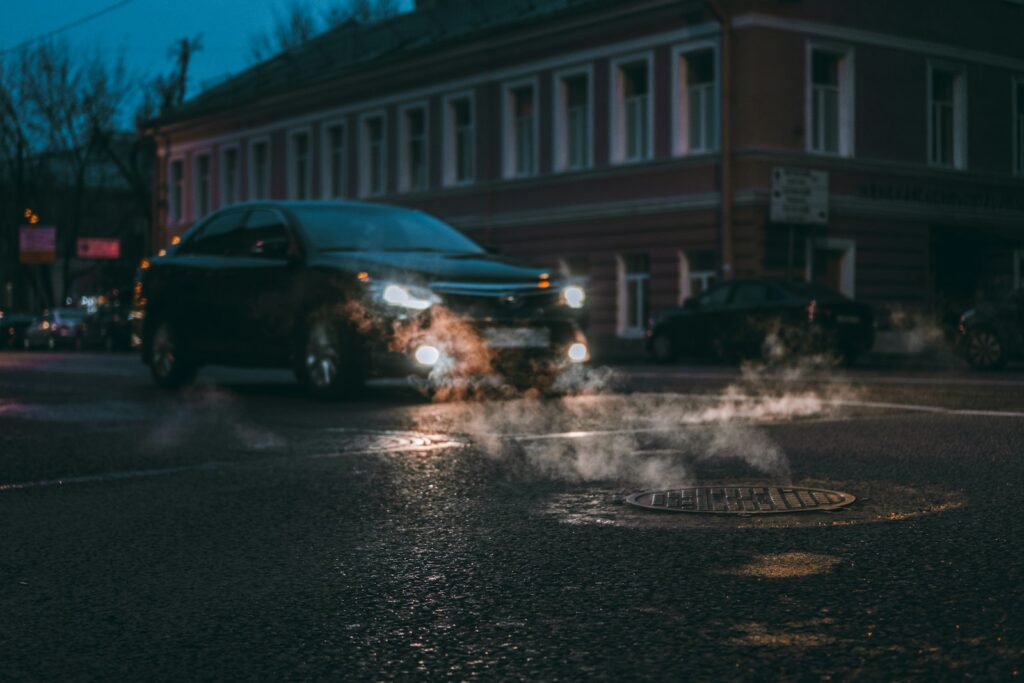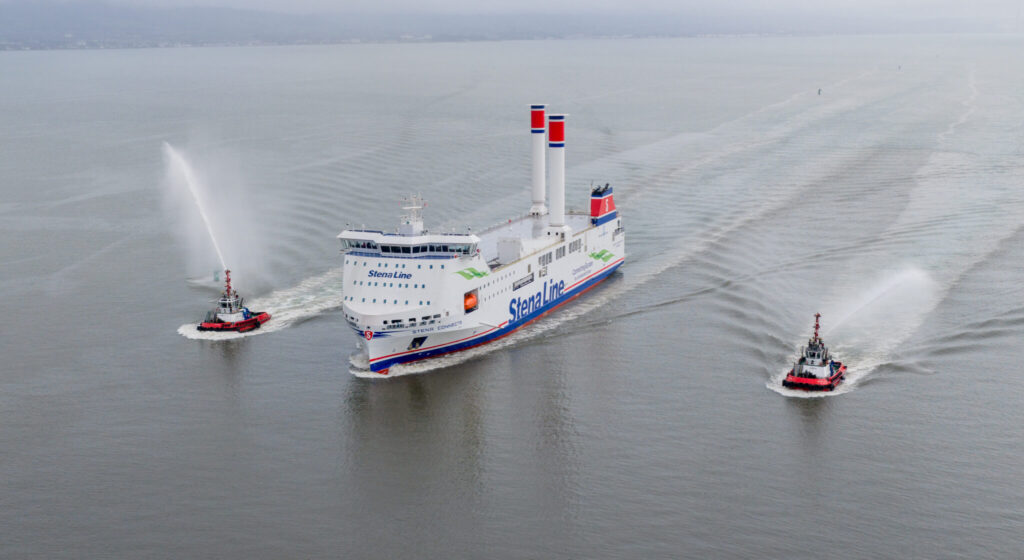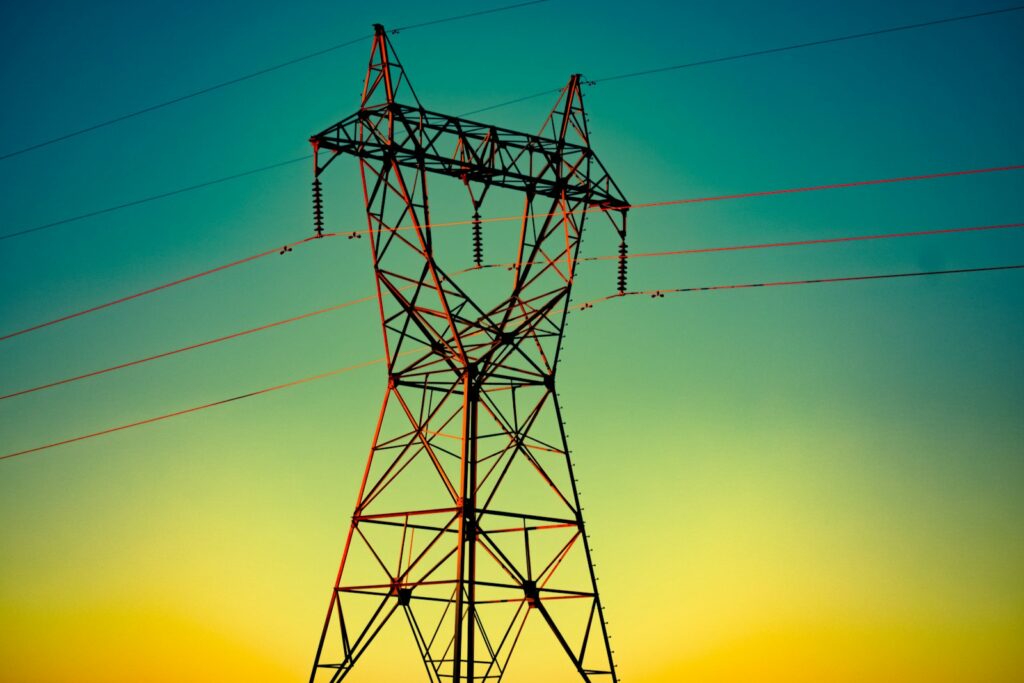Public transport services outside London have been disappearing over the past 15 years. New figures reveal the scale of the problem.
According to research by the environmental charity Friends of the Earth, bus provision in local authority constituencies outside London has fallen by 60%. A new interactive map has been created, allowing people to dig into the fall in services where they are.
On average, both countries have seen provision drop by 48% in urbanised and 52% in rural areas. Hart, Fenland and Broxtowe were the worst impacted, with a staggering 80% of services vanishing since 2008. In terms of regions, the East Midlands had seen 60% of bus services axed, Wales fared on slightly better at 57%, while the North East had lost 52%.
Parliamentary constituency boundaries are due to change before the next General Election. With this in mind, researchers also looked at decline in bus services in areas since the Conservatives came to power in 2010. North East Hampshire topped the list of worst impacted, with an 82% fall in services, followed by Bridgewater in Somerset (81%), Staffordshire Moorland (78%), and Stoke-On-Trent North (78%).
Constituencies held by the Conservatives were far more likely to have experienced a considerable loss in buses, with 82 of biggest declines in those areas. By comparison, just 15 Labour, two Liberal Democrat and one Plaid Cymru district made the report.
‘There has been a silent war on bus users for over a decade. This is not only disproportionately impacting those living on low incomes, people of colour and disabled people who are less likely to own a car, but also people who have had to give up their car as they’ve got older or due to poor health,’ said Mike Childs, Head of Science, Policy and Research at Friends of the Earth.
‘A bus renaissance is essential both for the millions of people who do not own a car in the UK and as part of a fair, green transition to a zero-carbon economy. To reduce pollution and cut emissions, we need the government to invest in our crumbling public transport system to make it far easier for people to use their car less and switch to greener ways to travel like buses, trains and cycling,’ he continued.
Across England and Wales, 22% of households do not have access to a car, and the vast majority have very few local public transport options other than buses. Overall, 15% of global greenhouse gas emissions come from transportation, meaning encouraging people to switch to shared, active, and public transport – all of which produce significantly less, or zero, emissions – is essential for climate targets.
You can read the find the full Friends of the Earth dataset here.
More on buses:
Limiting local authority powers doubles down on Britain’s climate inaction
Leaders can learn from London Superloop bus system masterplan
Image: Nick Rice

















